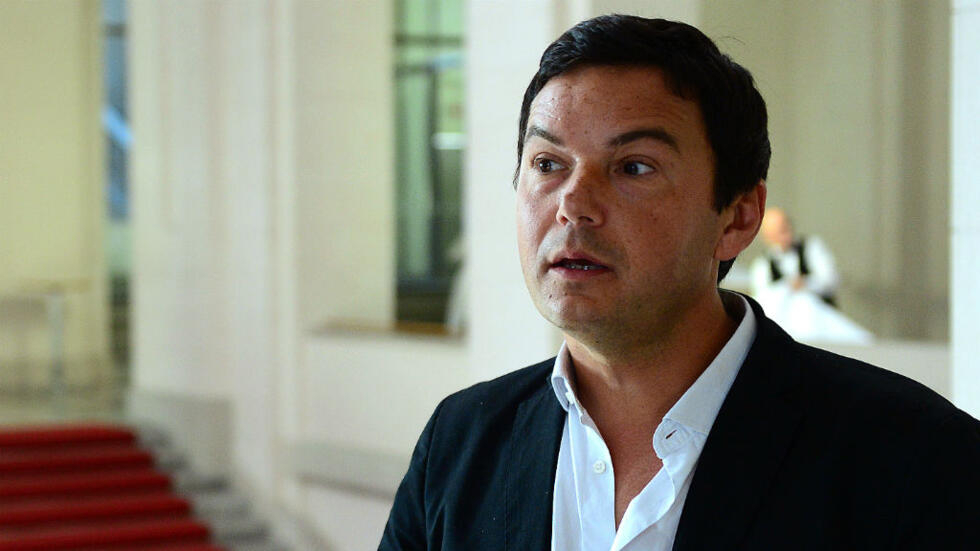Thomas Piketty, a well-known economist, advocates for changes in how wealth and taxes are managed to make society fairer and more democratic. He focuses on reducing the inequality caused by a small group of wealthy people who control most of the money and power in politics and the economy.
Piketty highlights the lack of democracy in workplaces, where owners make most decisions prioritizing profits over employees’ interests, who desire stable jobs and a better quality of life.
This issue is exacerbated in large corporations with scattered shareholders focused on financial gains. Piketty proposes that employees should have half of the voting rights in large companies, ensuring their interests are represented in company decisions.
He believes that increased co-determination in companies can lead to better outcomes as employees, who are more invested in the long-term success of the company and its environmental impact, can contribute to decision-making. This shift could align company goals with the welfare of employees and local communities rather than solely maximizing profits for owners.

Piketty suggests a model where the level of democracy within a company correlates with its size, ensuring that larger companies involve more employees in decision-making. For instance, small companies with fewer than ten employees would allow owners to make decisions alone, but beyond that threshold, employees would share half of the voting rights.
Advocating for an expanded welfare state, Piketty emphasizes the benefits of free healthcare, education, and fair wages, which have historically improved life expectancy, technology, and self-determination. He proposes further enhancing these social achievements to reduce inequality and improve quality of life.
Piketty stresses the importance of equal education opportunities for all children, critiquing systems like those in the USA and parts of Europe where access to quality education often depends on income. He calls for equitable distribution of educational resources, ensuring that children from low-income families receive the same support as those from wealthier backgrounds.
His proposals include a basic income for all, guaranteed employment in public or charitable sectors, and a basic inheritance for young adults funded by taxes on large inheritances and assets. These measures aim to provide financial stability and opportunities for everyone, particularly those from less privileged backgrounds.
To finance his reforms, Piketty suggests a progressive tax system where the wealthy pay more. He proposes wealth and inheritance taxes, a more progressive income tax, and a CO2 tax targeting high emitters. By taxing large incomes and wealth more heavily, these changes aim to relieve the financial burden on the majority and address social inequality.
Piketty’s economic model, termed participatory socialism, seeks to democratize all areas of life, ensuring that everyone has a say in shaping society. His ideas build on the principles of past social democrats, aiming to achieve unprecedented social equality and justice.


